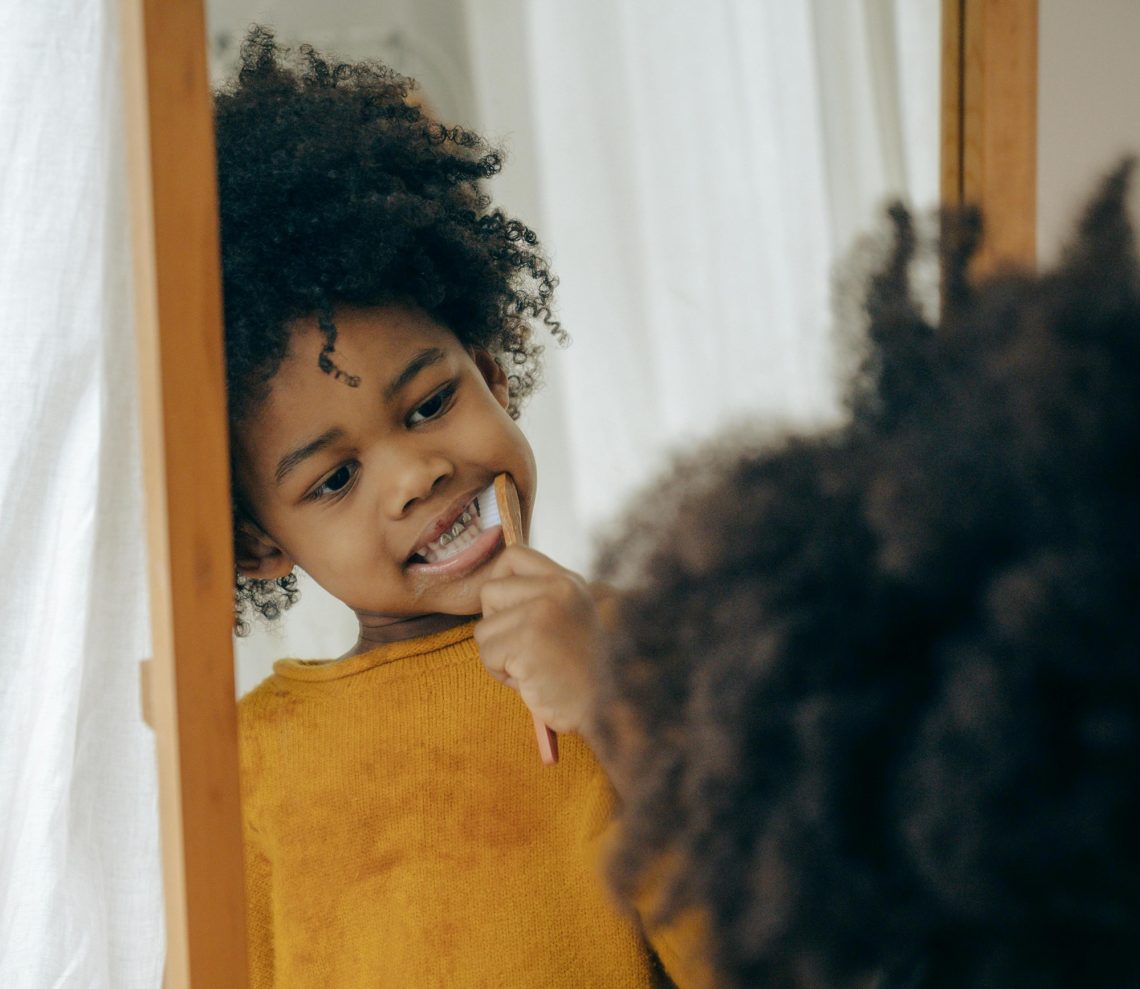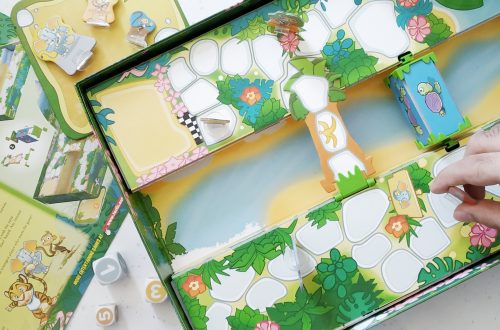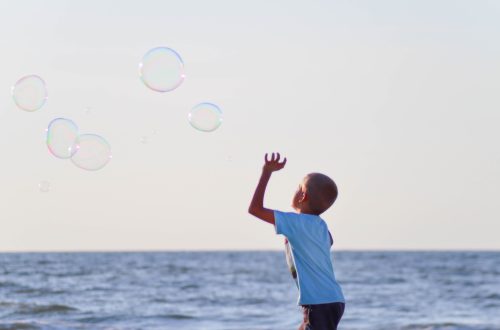
Personal Hygiene for Kids: A Fun Guide for Parents
Teaching your little ones about personal hygiene for kids is vital for their health and overall well-being. Good hygiene habits not only prevent illnesses but also boost self-esteem and instil a sense of responsibility. So, how can you make learning about hygiene an enjoyable experience for your child? Here are five effective strategies, brought to you by a private school in Milton Keynes.
1. Lead by Example
Be a Role Model
Kids are like sponges—they absorb everything they see. If you want your child to adopt good hygiene practices, show them how it’s done. Make handwashing, teeth brushing, and regular bathing part of your daily routine. When they see you prioritising your hygiene, they’ll be more likely to mimic those behaviours.
Make it a Family Activity
Turn hygiene routines into a fun family affair! Brush your teeth together, wash your hands as a group before meals, or make bath time a shared experience. This not only reinforces the importance of hygiene but also transforms it into a joyful part of your child’s day.
2. Use Fun and Engaging Tools
Colourful Supplies
Make hygiene exciting by providing your child with colourful and fun hygiene products. Think toothbrushes featuring their favourite characters, fruity-flavoured toothpaste, or soap in quirky shapes. These fun items can make hygiene routines feel less like chores and more like playtime.
Educational Videos and Books
Utilise entertaining educational videos and books that highlight the significance of personal hygiene for kids. Many children’s shows and stories focus on cleanliness, making learning both enjoyable and informative.
3. Establish a Routine
Consistency is Key
Creating a consistent hygiene routine is essential. Establish specific times for brushing teeth, washing hands, and bathing. Regularity helps children understand that hygiene is a crucial and non-negotiable part of their day.
Use Visual Aids
Consider creating a visual schedule or chart that outlines your child’s hygiene tasks. Include pictures or stickers for each task, allowing your child to mark off completed activities. This visual representation reinforces the routine and provides a sense of achievement.
4. Teach the Reasons Why
Explain the Benefits
Help your child grasp the reasons behind good hygiene practices. Discuss how washing hands can stop germs from spreading, how brushing teeth keeps them strong, and how bathing removes dirt and sweat. Understanding the “why” behind these actions can motivate your child to adopt these habits.
Use Simple Language
When discussing hygiene concepts, keep it straightforward and age-appropriate. Don’t bombard your child with too much information. Focus on one aspect of hygiene at a time, gradually building their knowledge.
5. Make it Interactive and Rewarding
Interactive Learning
Transform hygiene lessons into interactive experiences. Sing handwashing songs, use timers for teeth brushing, or create fun games that teach hygiene concepts. The more engaging the activity, the more likely your child will remember and practice good hygiene.
Positive Reinforcement
Encourage good hygiene habits with positive reinforcement! Praise your child when they complete hygiene tasks correctly, and consider implementing a reward system for consistent behaviour. Small incentives, like stickers or extra playtime, can motivate your child to maintain their hygiene routine.
Conclusion
Teaching your child about personal hygiene is an essential part of their development. By modeling good habits, incorporating engaging tools, and creating a consistent routine, you can effectively demonstrate the importance of hygiene.
Explaining the benefits in an age-appropriate manner and making the process interactive and rewarding will further encourage healthy habits and demonstrate the importance of self-care for maintaining mental, emotional, and physical well-being, as suggested by this private school in Chelsea.
Remember that patience and consistency are key. With time and support, your child will learn to take responsibility for their hygiene, setting the foundation for a healthier future.
Until next time.




